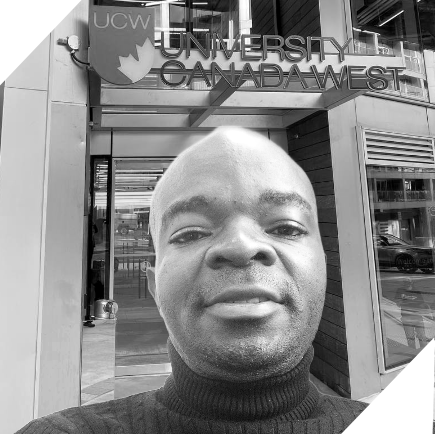national
bursary
2025 National Bursary contest is now open!
About
Every year SEIU Local 2 awards seven bursaries totaling $10,000 for higher education financial assistance. Active SEIU Local 2 members and their dependents who will be attending a university or community college full-time are eligible to apply.
The entries are divided into western, central and eastern regions of Canada. Each region has a $1,000 and $1,500 award. There is also one $2,500 national award.
The deadline for applications is May 2, 2025.
Winners will be contacted and announced in the early fall.
Good luck!
See application form for details.
2024 Winners
Western Region
$1,500 Winner – Bryce Friesen
$1,000 Winner – Brooke Francescutti
Eastern Region
$1,500 Winner – Natalie Malcolm
$1,000 Winner – Lindsay Wickstrom
Central Region
There are three winners in the Central Region this year as the National winner is from the region.
$2,500 Winner – Nolan Toshack
$1,500 Winner – Ayisat Adebayo
$1,000 Winner – Priscille Lobeye Baeba

Excerpts from our 2022 winners

Waqar Shah
National Winner
“
Affordable housing initiatives for Indigenous and other people facing homelessness needs to be addressed. Over 70 percent of Indigenous British Columbians live off-reserve, and a disproportionate number of them are either homeless or underhoused in BC. To ensure the right housing is created and to advance reconciliation, the government should engage with indigenous people to develop the housing design and delivery.”

Nicole Grass
Eastern Region Award Recipient
“
People can only begin to heal from their mental illnesses and trauma once they have a safe and stable roof over their heads. Taking action would be well worth the cost for all levels of government considering poverty costs Nova Scotia approximately $2 billion each year (Saulnier & Plante, 2021).”

Elysia Paike
Western Region Award Recipient
“
Any discussion relating to affordable housing must reflect on the United Nations declaration of the Human Right to Affordable Housing as a guiding principle. The Right to Adequate Housing is outlined in the International Bill of Rights which declared that adequate housing is universally viewed as one of the most basic human rights. Recognizing the basic right to housing is essential to providing solutions.”

Ayinde K Sunday
Western Region Award Recipient
“
Affordable housing is achievable in the British Columbia province if there are political wills to promote a people-first policy (as exemplified in Finland). An approach that lessens the burden of approval processes while prioritizing housing for every B.C. resident is needed like never before!”

Manahil Ahmad
Central Region Award Recipient
“
In part due to the ever-growing demand for and lack of available housing, coupled with high prices on currently available housing, Ontario is facing an affordable housing crisis. Potential solutions to this problem include construction of affordable (government subsidized) housing, zoning readjustment, and rent control.”

